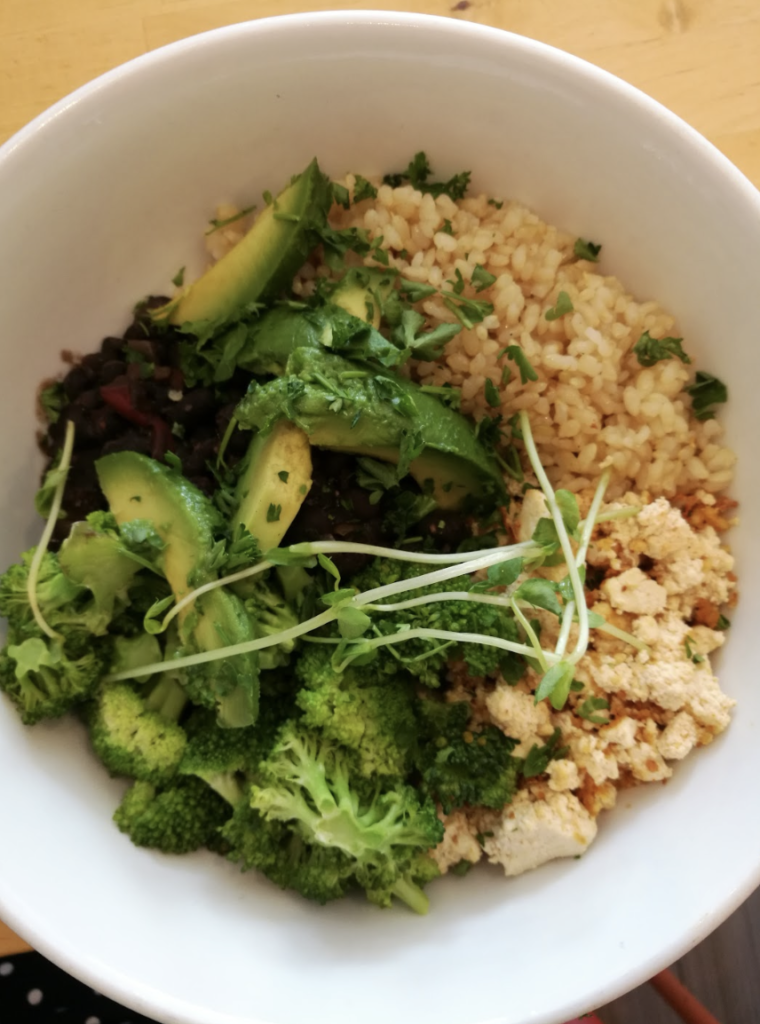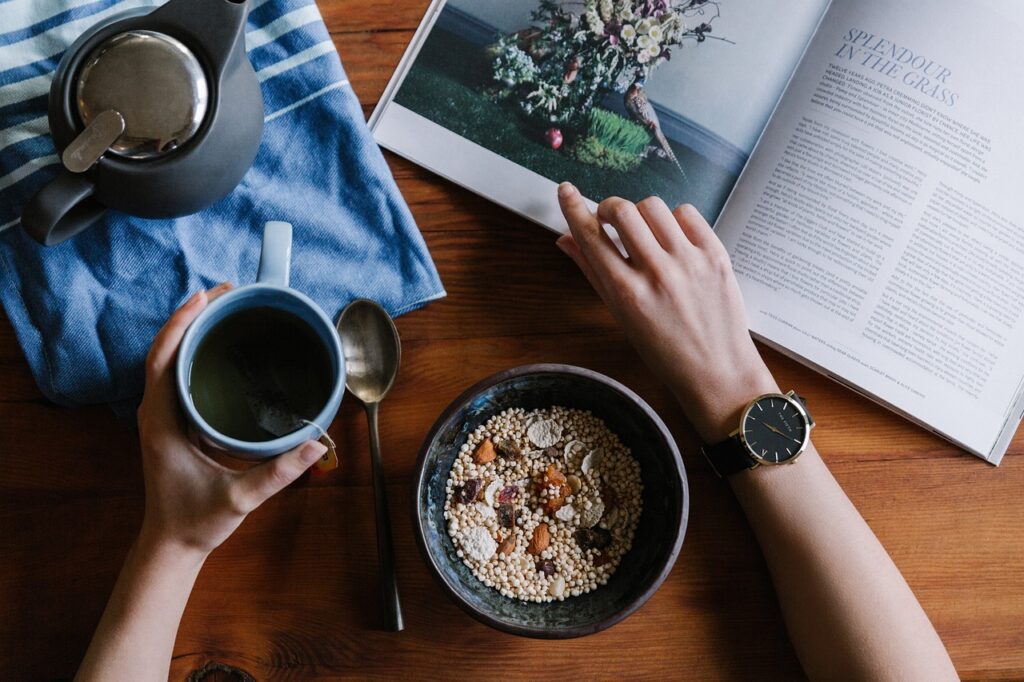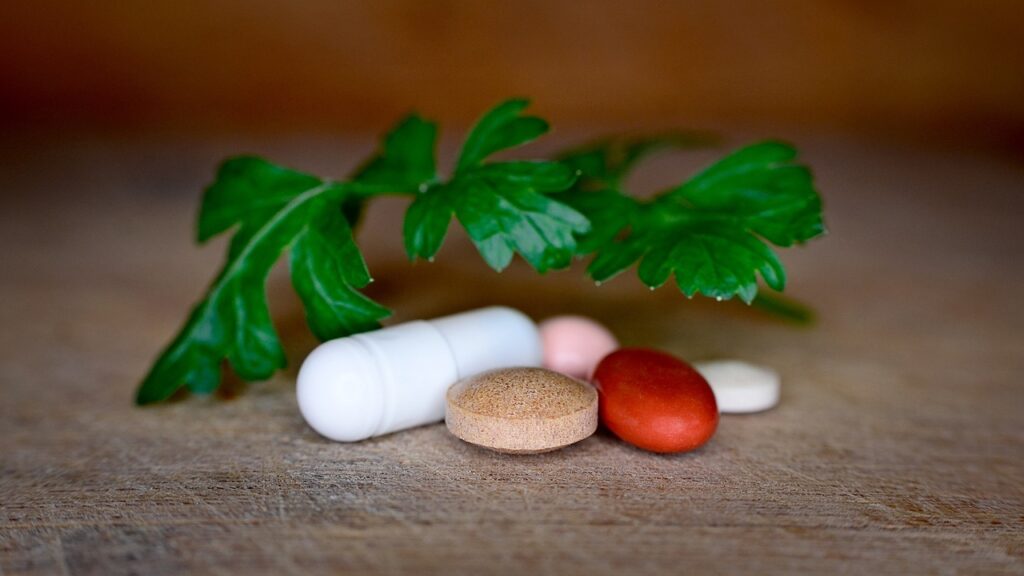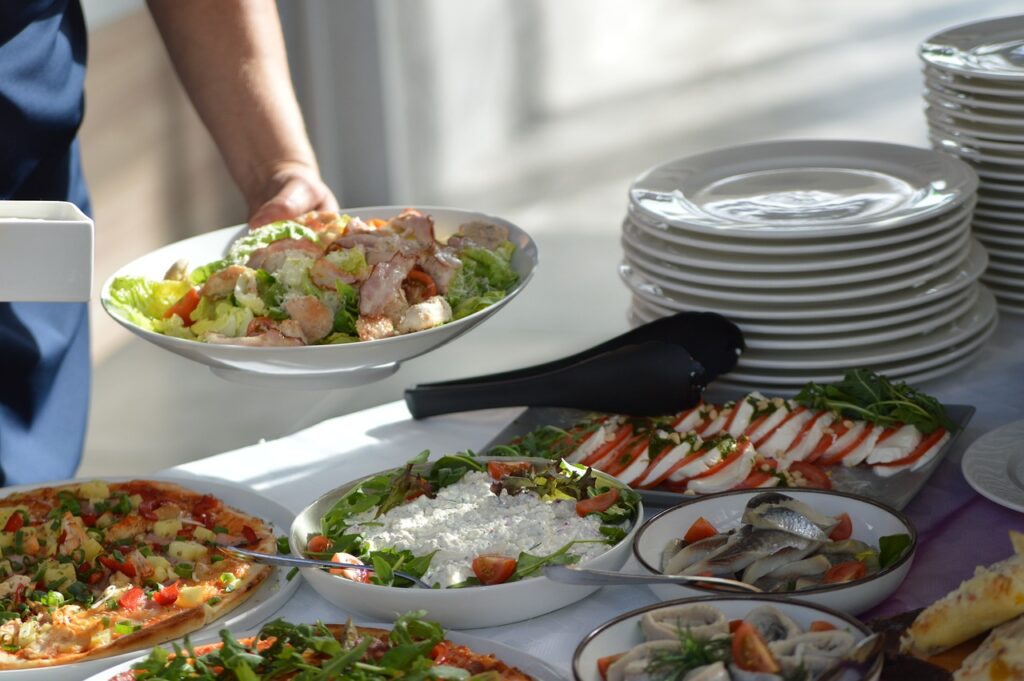The vegan diet is not an easy one to follow, especially if you have lived the majority of your life as a carnivore or eating other animal products.
I myself spent well over 20 years being a meat eater, until I made the switch to a vegan diet.
However, changing your everyday diet is not an easy feat. The foods that we eat on a day to day basis become part of us, our identity, and our habits. We habitually reach for certain foods in the kitchen, select specific dishes at restaurants, and are known by friends and family as “the meat eater”.
Nonetheless, something may trigger us to want to change our diets to a vegan one–whether it’s for health or ethical reasons.
So what’s the best way to transition from a carnivore diet to a vegan diet?
There is no right or wrong way for transitioning. But there are some helpful tips that you can keep in mind to make the transition easier on yourself.
Here, I will share some tips for transitioning to a vegan diet based on my personal experience going from a meat eater to a vegan.
Tip #1: Don't go "Cold Turkey"
(no pun intended)
The worst thing you can do to yourself when transitioning to a vegan diet is going “cold turkey” and immediately eliminating all animal products from your diet overnight.
Especially if you are a carnivore and eat just about anything, telling yourself that you cannot eat this, this, and that, will only set yourself up for failure.
It’s like what you see in cartoons, where there’s a big red button that people are told to not touch.
Well, when you tell yourself to not eat everything all at once, the desire to eat all that stuff will grow, and you’ll want to touch that red button and eat everything. And when you do, you will feel like you failed and like transitioning to a vegan diet will be impossible.
The important thing to remember is that this is a transition, and transitions take time.
Instead of going cold turkey, start by eliminating foods that you can easily say bye-bye to.
For me, I said goodbye to all land animals first and went pescatarian, then said goodbye to all sea animals and went vegetarian, until finally saying goodbye to eggs and dairy and going vegan.
And this all happened within a 2-3 year time span.
So don’t pressure yourself to change your diet overnight. Allow yourself to take some time to change the way you think about food in order to change what you eat.
Tip #2: Shop for and prepare your meals in advance
Grocery shopping in advance will help you mentally prepare yourself for the meals that you are about to eat that week. Especially if you are transitioning to a vegan diet and eliminating foods that you typically eat, it’s good to think ahead and know exactly what foods you plan on eating to replace that ones you normally eat, and grocery shop for those meals in advance.
Actually preparing those meals in advance and storing multiple days’ worth of food in the fridge will make you feel like you will always have something to grab for when you get hungry, and make you less inclined to reach for non-vegan meals that may be more readily accessible (like fast food, snacks, frozen dinners, or something else).
Tip #3: Drink lots of water
When transitioning to a vegan diet, you’ll most likely be eating more fiber than usual, as the plants, legumes, and grains that are typical in a vegan diet are also high in fiber.
Increasing your fiber intake (especially when you are not used to eating a lot of fiber) may lead to bloating, gas, and other stomach discomfort.
To combat that, make sure to drink lots of water before, during, and after your meals, as water essentially helps “lubricate” your stomach and makes it easier for it to digest fibrous foods so that you don’t have so much gas and bloat.
I personally will drink a whole glass of water prior to a meal and another glass after a meal just to make sure my stomach has what it needs to process and digest my food properly and without discomfort.
Tip #4: Don't be shy. Inform your friends and family
Many social gatherings with friends and family revolve around food. So it’s important to let your friends and family know that you are changing your diet.
Many of them may question your decision. My parents were skeptical of me choosing to be vegetarian at first, assured that I would become more “weak” and “cold” if I didn’t eat meat.
But some of them will be supportive, and even the ones who question your decision will eventually come around, as they will want to make sure you have something to eat during social gatherings.
So don’t be shy, and let people know what you will and will not eat. In the end, you’ll be surprised, since food is a source of love in many cultures, and the ones who love you will make sure to accommodate your diet (even if they disagree with it).
Tip #5: Eat foods that replace the nutrition in animal products
Animal products–whether it’s meat, dairy, or eggs–offer a whole lot of nutritional value, and that nutritional value needs to be replaced by something else when transitioning from a carnivore to a vegan diet.
The main nutrients that you need to think about replacing when going to a vegan diet from a carnivore one are protein, vitamin B12 and vitamin D, as these micro and macronutrients are primarily found in animal products.
Luckily, there are ways to get vitamin B12 and vitamin D from vegan sources, either through supplements or through food.
There are also plenty of vegan protein options out there, whether in bread form, protein powder form, or even fake meat form.
Make sure to incorporate all of these nutrients in your diet on a daily basis to maintain the same nutrition that you used to get while on a carnivore diet.
The takeaway
It’s not easy to change what you eat, especially when food is central to who we are, our culture, and our identity.
But that doesn’t mean it’s not impossible to change your diet. Changing your diet takes time, thoughtful preparation, and support from friends and family.
In the end, it’s a mental battle with yourself. Your mileage may vary in terms of what your journey will look like and how long it will take to transition to a vegan diet. But if a vegan diet is something that you really want to adopt and make a part of your everyday life, then I truly believe that you’ll be able to get it–one vegan meal at a time.





